WARNING: LOTS OF SPOILERS
Black Mirror. Everyone's favorite modern Twilight Zone. Recently, I found this article on Gamespot ranking every episode and got pretty angry. Who the hell ranks "Hated In The Nation" above "Fifteen Million Merits"?? Everyone I know who watches the show agreed, so I decided to make a better list of episodes, ranked from worst to best.
13. Men Against Fire
Who else felt like they’d seen this plot a thousand times before? A not-so-subtle commentary on racism and the soldiers perpetuating it. Not only did this plot line feel forced and contrived, the pacing was horrible. Black Mirror is good because it is nuanced, it sets precedents, and keeps viewers hooked, even when it hurts to watch; not tired story lines with a single, overarching theme slapping you in the face over and over again. This remains to be the only episode of Black Mirror that I had no desire to finish.
12. The Waldo Moment
Though this episode feels especially relevant in the face of the 2016 election, it falls incredibly flat. It, like “Men Against Fire”, lacks nuance and subtlety in its themes (politicians are fake and democracy is a joke) and in the motivations of its characters (a voice actor with some morals and lots of resentment! Politicians! Greedy CEOs! Women that serve as plot points rather than people!). Black Mirror episodes are meant to be layered and multidimensional, but “The Waldo Moment” was one-note the whole way through.
11. Hated in the Nation
The longest episode yet, “Hated In The Nation” had one of the strongest premises of any Black Mirror episode yet. I’ve rated it so low, however, because the execution was abhorrent. The story was fascinating—an anonymous-style hacker group killing people via twitter hashtags? Holy crap, that feels like original Black Mirror style plotlines! But why was the story told like an episode of NCIS? Why did it feel like a badly updated version of Silence of the Lambs? Why was there 75 minutes of exposition and 15 minutes of action? I wanted to like this one, I really did. But the writers just didn’t know what to do with the premise.
10. Be Right Back
This episode made me want to take a bath the whole way through. Conversely to the episodes I’ve just talked about, the story was told mostly well, the premise was just super creepy. However, that was likely the entire point of the episode—grief makes the horrifying and weird things feel logical and normal. Grief and love together? Makes you buy a life-sized sort of doll of your ex-husband and keep him in the attic. Fascinating, but the whole thing just makes the viewer feelSLIMY.
9. Nosedive
This episode was a strong start to season three, and Bryce Dallas Howard gives one hell of a performance. However, I’ve rated it so low because the episode is too similar to modern life. Like “Men Against Fire”, it slapped you in the face with its message that we need to stop caring about online validation. Though it was well-written and well-acted, it came across too much like one of those insufferable political cartoons that baby boomers create to criticize millennials. Instead of feeling like a nuanced investigation, it felt like the audience was being preached at or mocked for caring about Instagram likes.
8. The National Anthem
What a way to introduce a series. If you’ve never watched Black Mirror, I’m sure your friends have told you about the episode where the Prime Minister screws a pig. This is it. And, similarly to “Be Right Back”, you’ll want to take a shower after watching this episode. I rate this above the others, though, because it did set a strong precedent for the rest of the series. It introduced the core ideas that make Black Mirror what it is: technology, a crowd that both controls and is affected by it, and a twist at the end that changes the way you view the episode as a whole. That said, the way it uses these ideas makes it feel formulaic. Also, bestiality is gross.
7. Playtest
I think I'd like this episode a lot more if I were into video games. It’s well-paced, has both interesting characters and an interesting concept, and it has that signature Black Mirror twist at the end. However, it didn’t have the same impact as other episodes, and to be honest, I can’t quite pinpoint the reason. I think it has the same problem as “Nosedive” in that it’s a little too close to current technology, and also because it feels like it ends very abruptly. This episode isn’t bad by any means; but it’s easily forgotten in the wake of more impactful storylines.
6. Shut Up And Dance
This is the season three episode that is the most like original Black Mirror. It starts off feeling slow and predictable, but the big reveal at the end—that every character being manipulated by this anonymous group has secretly done something awful—changes your viewpoint entirely. My favorite part of this episode is how quickly your alliances change: you go through the entire episode feeling bad for the people being anonymously manipulated, but by the time the credits roll, you realize they deserved it. That said, though, the writers wasted far too much time getting to the punch and the child porn reveal will make you nauseous.
5. San Junipero
Here’s the thing: I adore this episode. I have watched it five times since it came out (pun intended) and believe it’s one of the most beautiful things I have ever seen. That said, it did not belong in Black Mirror. “San Junipero” is a beautiful, unique story about a bisexual woman of color and a disabled lesbian finding love, even after death, and sticks a proud middle finger to the far too common “bury your gays” trope. However, the trademark of Black Mirror is tragic, sometimes sickening endings that make you reevaluate your entire world. And “San Junipero”, for all its beauty, does not do that.
4. 15 Million Merits
Probably one of the most iconic episodes of Black Mirror, the world-building in this episode is excellent, and the story is expertly told. Bing is one of the most sympathetic characters in the series, and even though you feel disappointed when he sells out at the end, that’s the entire point. You go through the episode believing that it’s a critique of our voyeuristic culture until you realize they’re really trying to show how all of us can be bought by aforementioned culture—even rebels like Bing.
3. The Entire History of You
This episode is beautifully nuanced in that neither the husband nor wife is the good or the bad guy. This is a great example of the way Black Mirror uses technology—an idea we’ve all thought about, but is far enough removed from our current technology that it feels unfamiliar. The story told here is an emotional exploration of the way that having a literal memory chip could affect people: ruin our sex lives, our marriages, our self-image, our friendships. It is a story about humans with certain technology; not a story about technology that happens to feature humans.
2. White Christmas
The story told in “White Christmas” resembles a literal epic. The world is built: John Hamm and Rafe Spall are chilling out in a cabin for some reason; in this world you can block people IRL; and you can trap people’s consciousness in eggs. And then a powerful story is told within, but not about, that world. This is the second-longest Black Mirror episode, but it is one of the most masterful—not a single line or plot point is wasted, and when it all comes together for the reveal at the end? You’re left staring openmouthed at your screen because it comes together so perfectly and unexpectedly. Also, who doesn’t want to stare at John Hamm for 73 minutes?
1. White Bear
This is my favorite episode of anything ever. You go through the episode thinking it’ll also be a critique of voyeur culture—people watching with their phones instead of helping this poor woman, people literally controlled by screens, a new kind of war—but NOPE, SCREW YOU. Everything you just watched is an amusement park and that woman is a murderer. Not only is this episode a fantastic example of how to subvert audience expectations, it makes you examine yourself. What do you think of White Bear Justice Park? Would you visit? I know I would. Is it better or worse than our modern prison system? What are the ethics of torturing a woman who tortured a child? Of putting her through what she put the child through? Should we make examples out of murderers? How far are we from these “Justice Parks”? “White Bear” starts all these conversations.
So, what do you think? Do you agree more with me, or with Gamespot? Let me know in the comments!




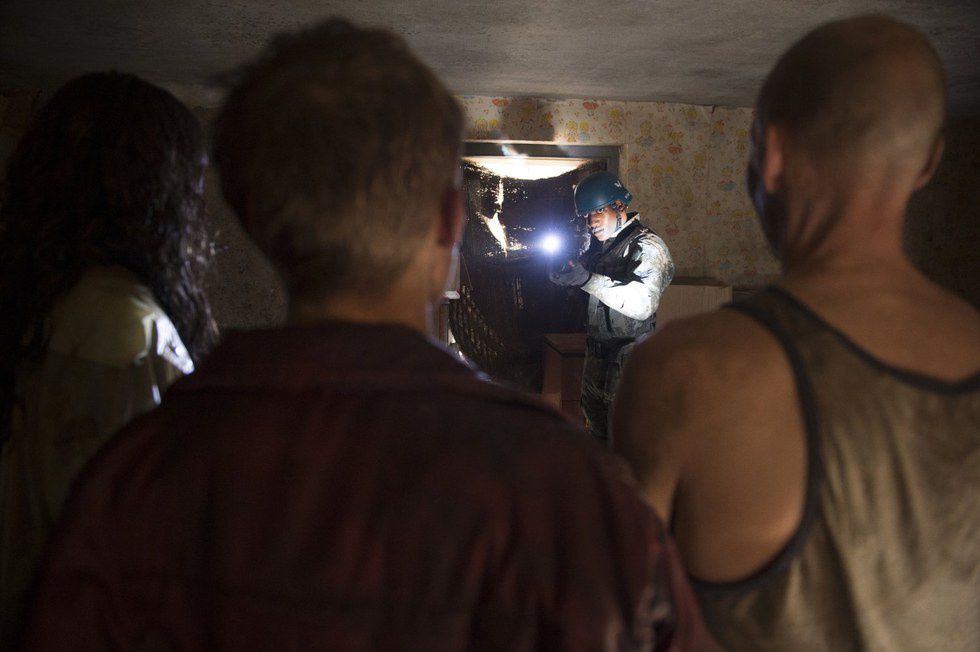
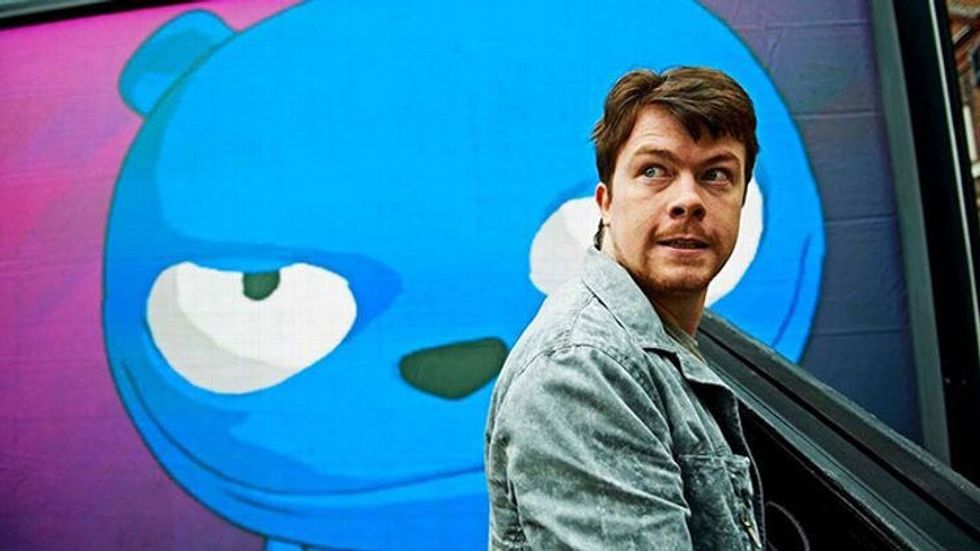
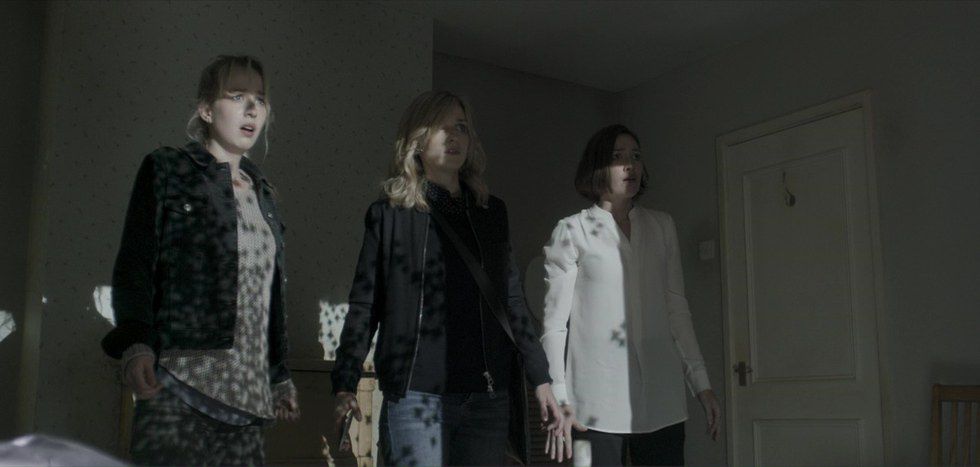
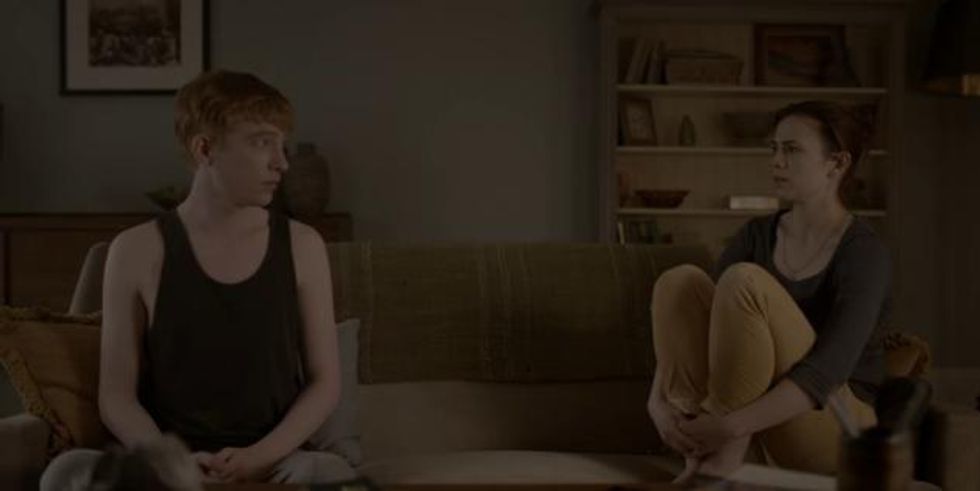
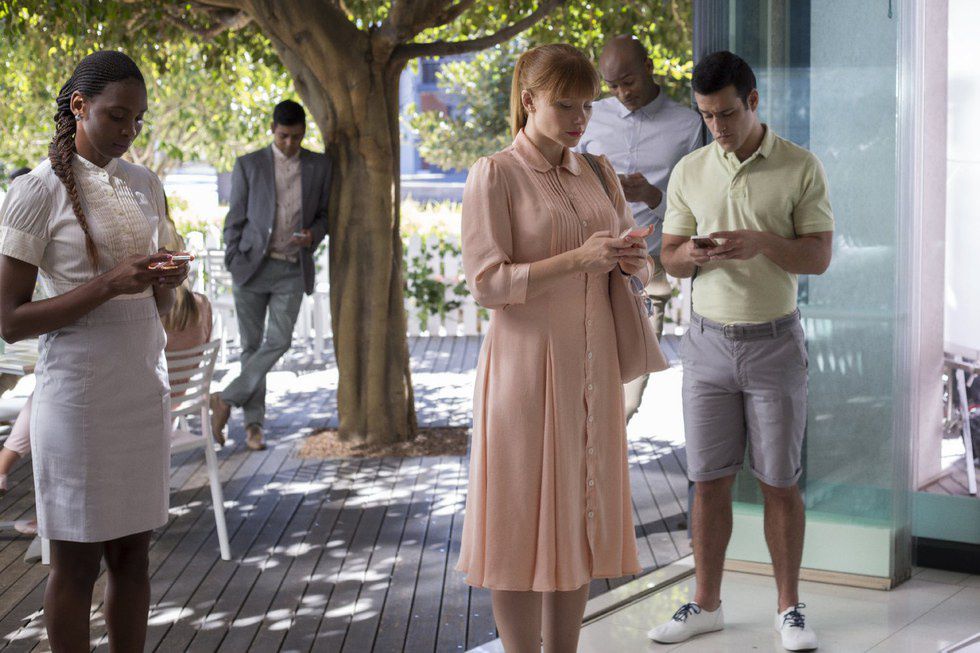
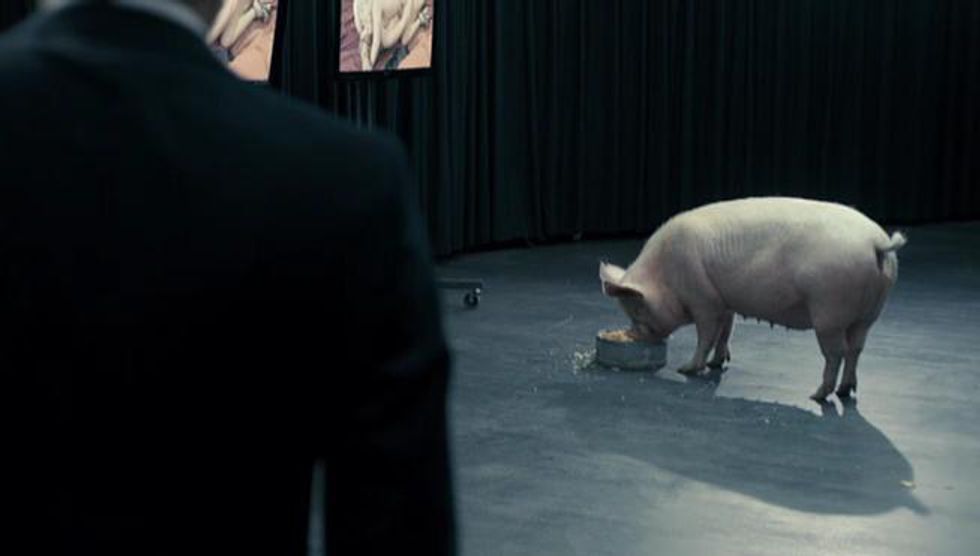
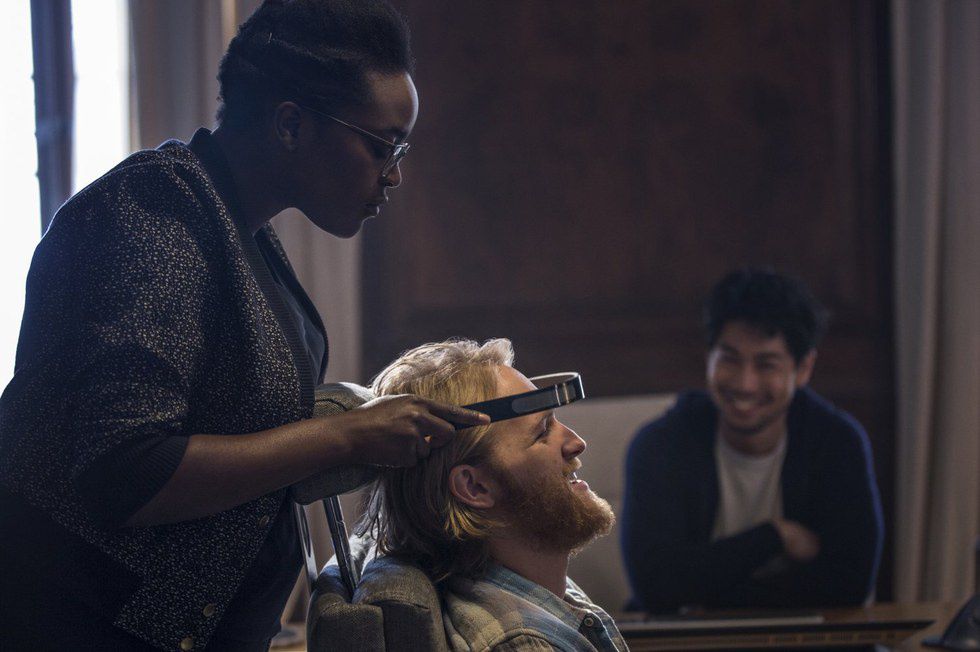
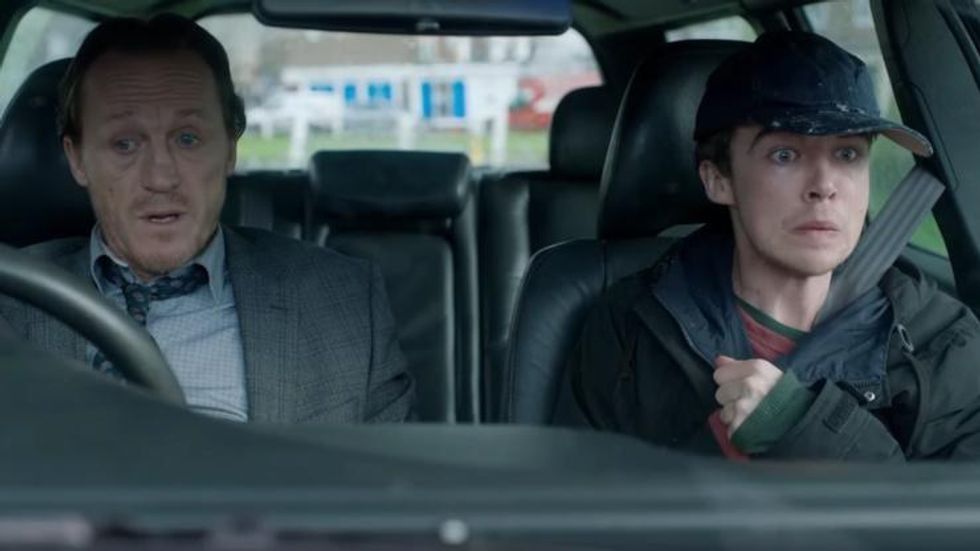
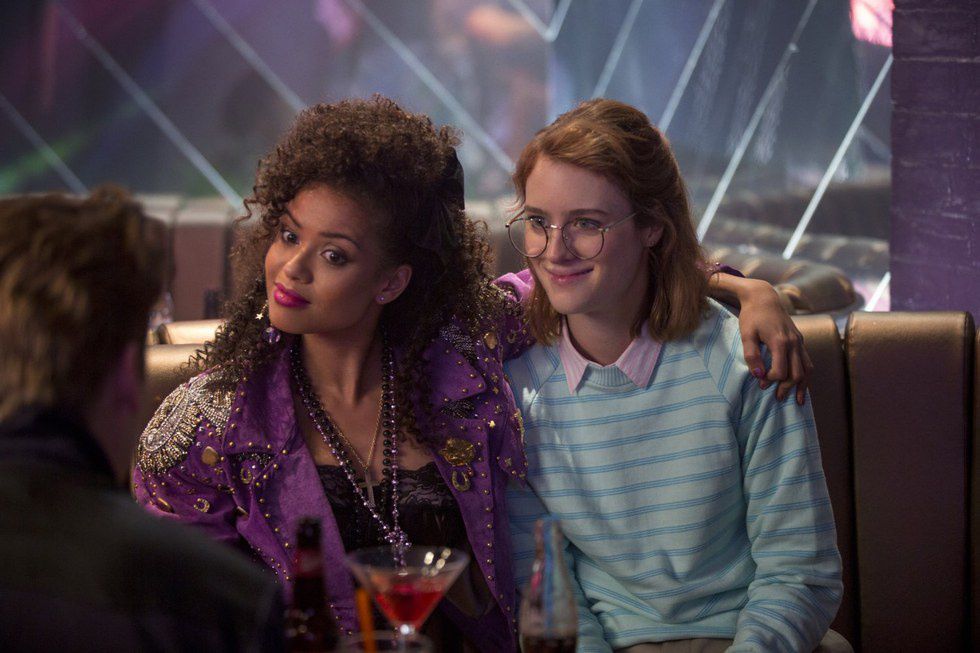
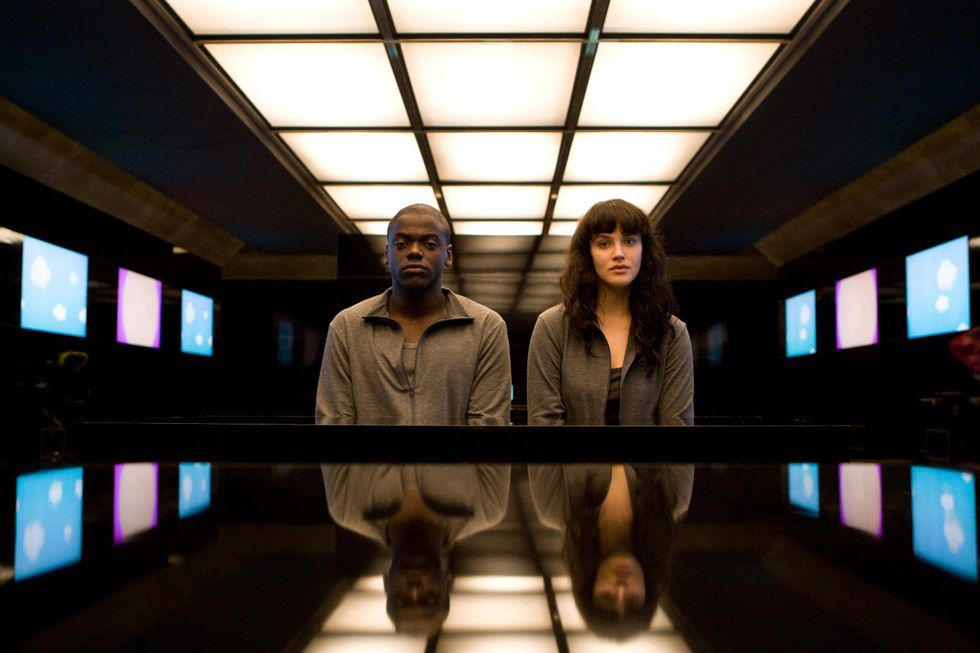
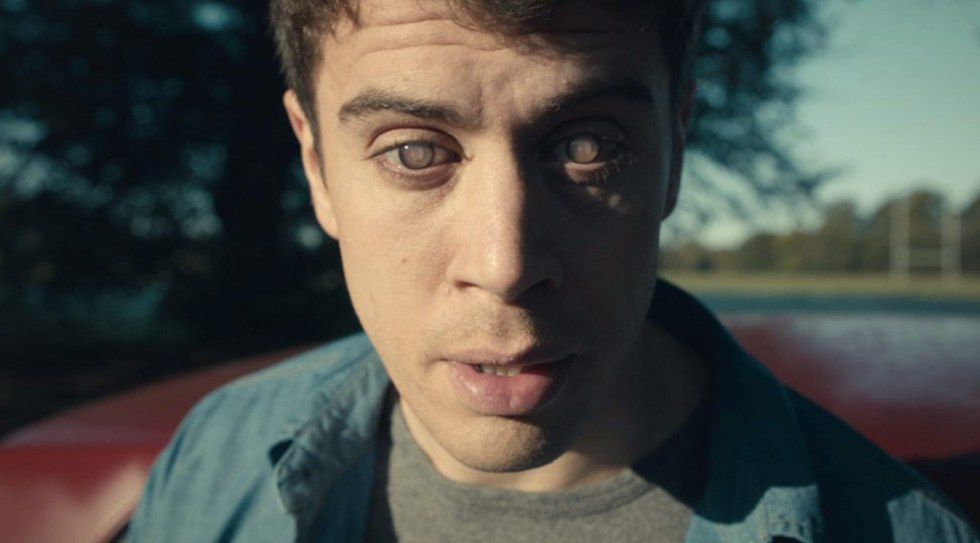
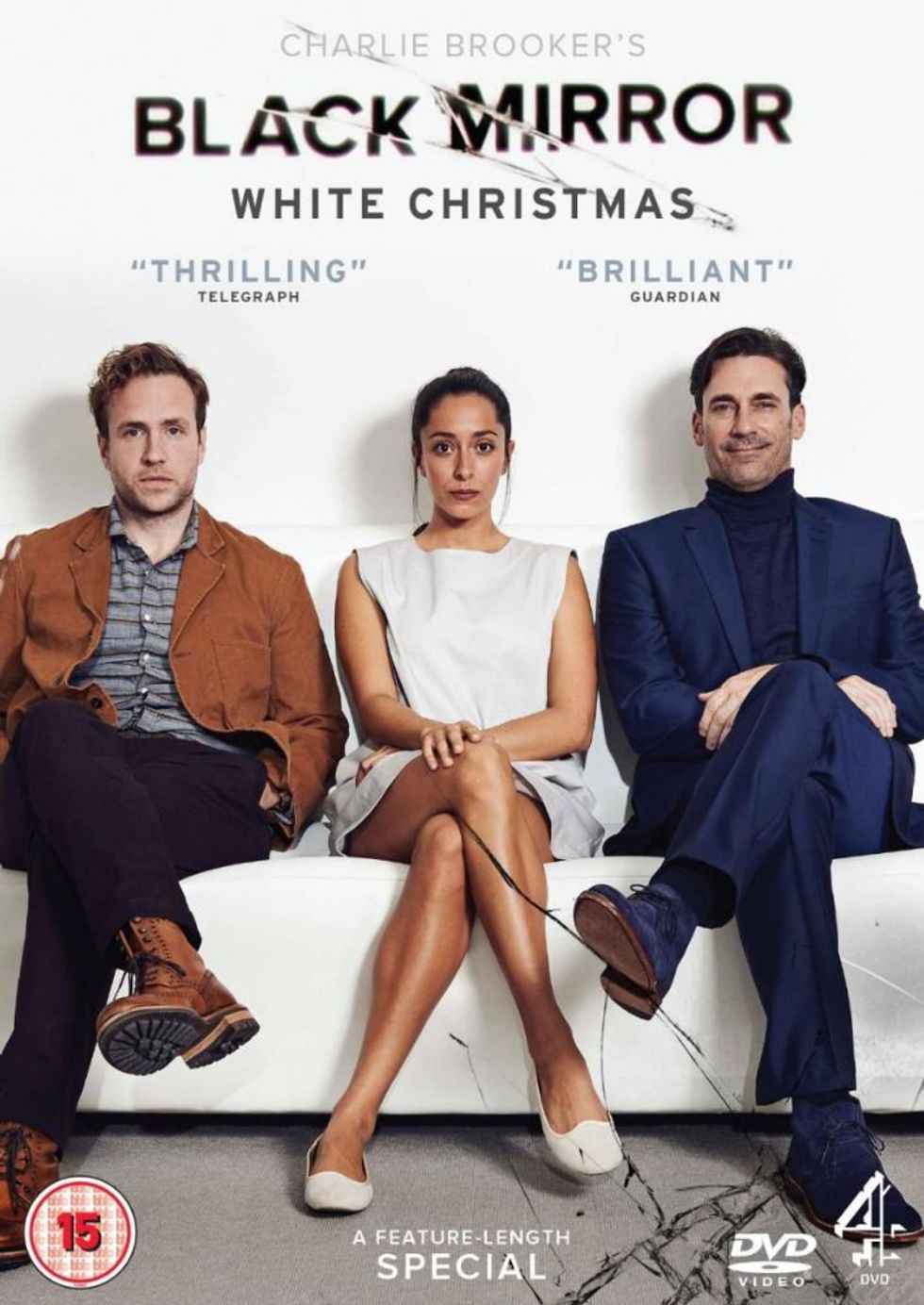
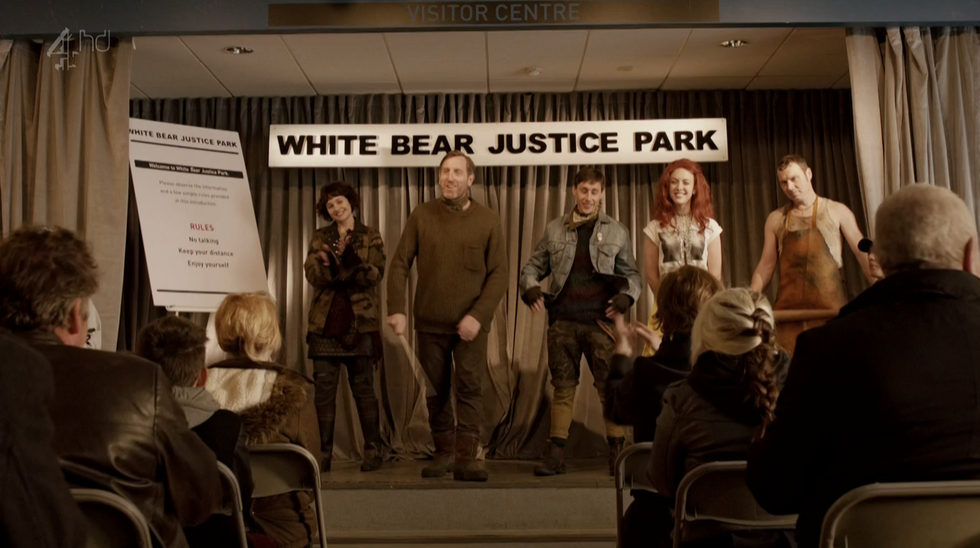

 Photo by
Photo by  Photo by
Photo by  Photo by
Photo by 



















